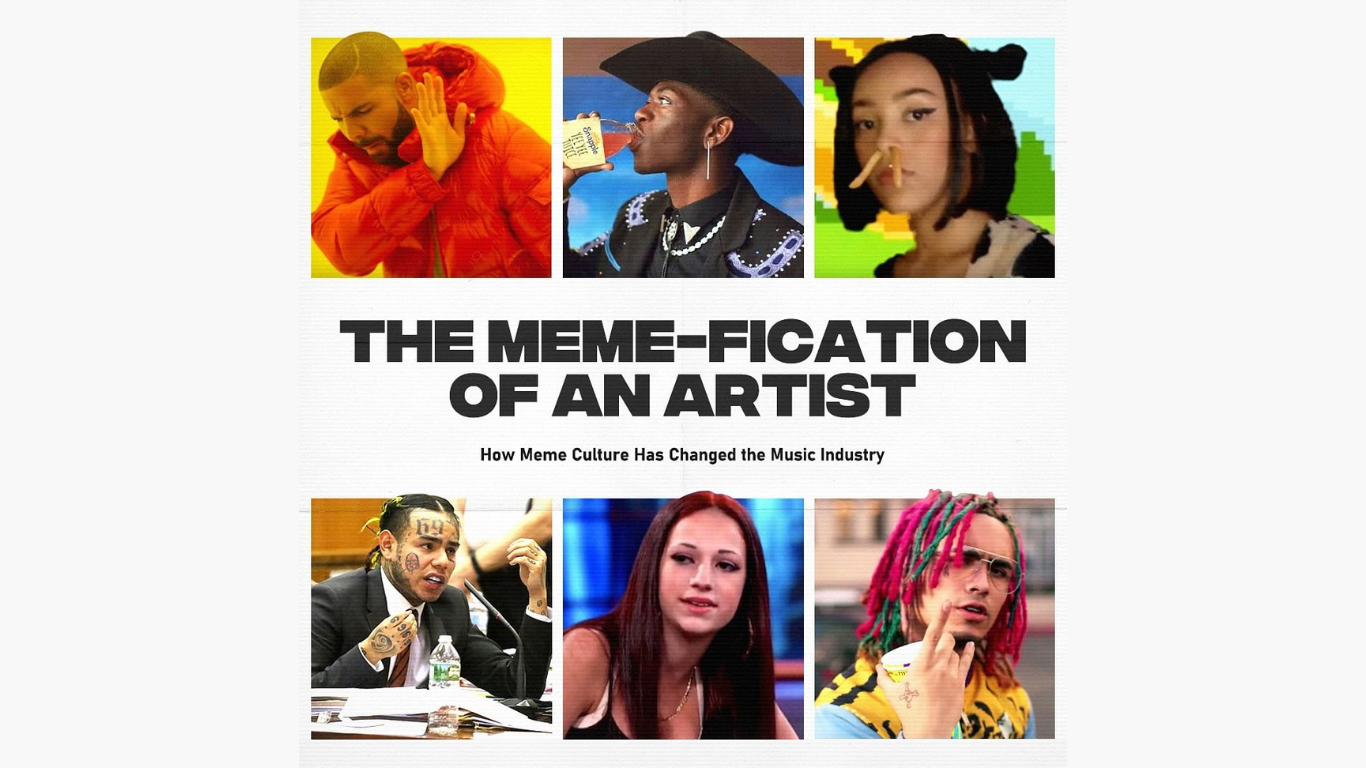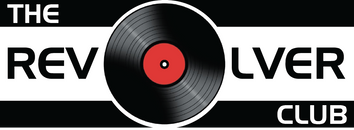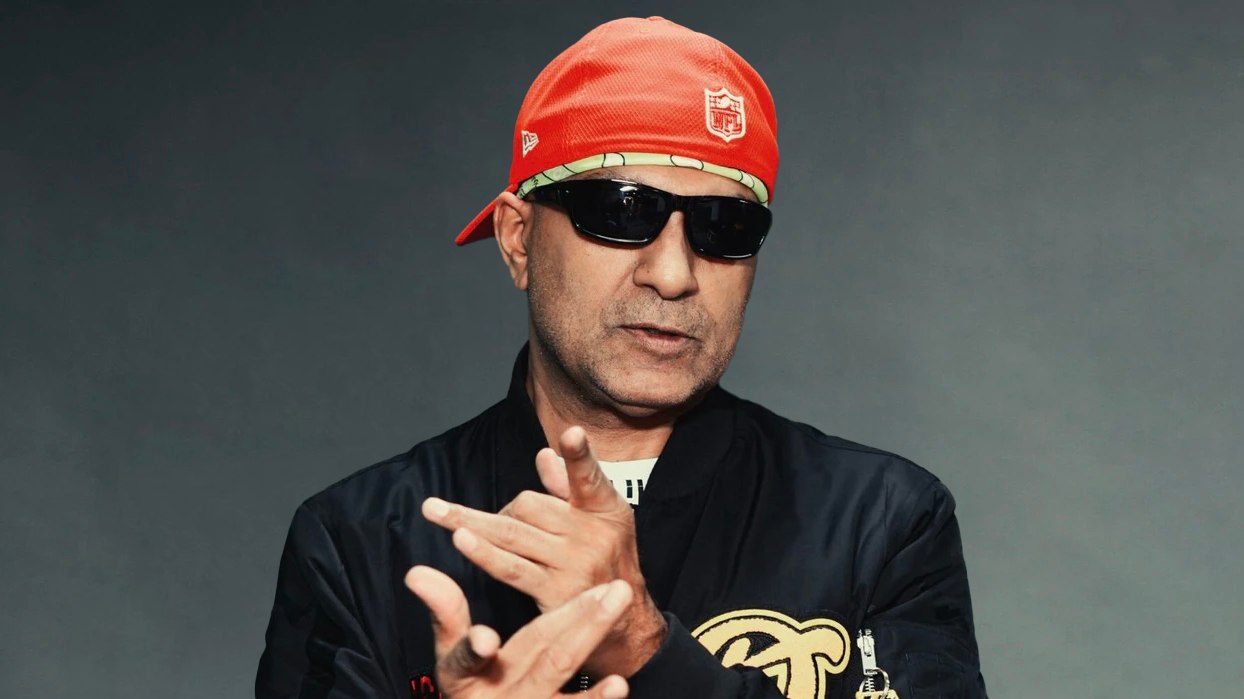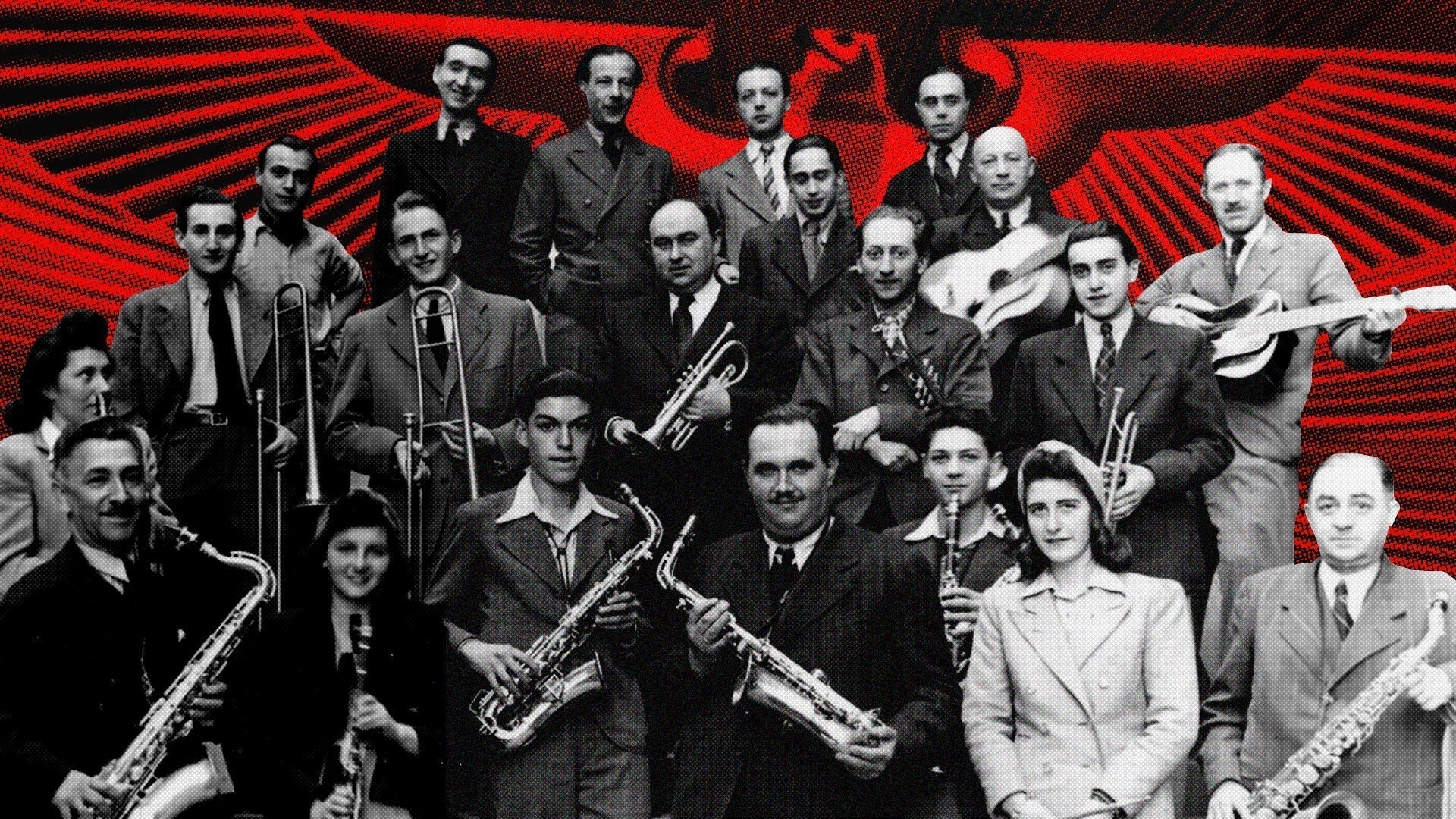The Meme-Fication Of An Artist: How Meme Culture has Changed The Music Industry
·

·
Memes are the lifeblood of internet culture. They spread like wildfire, shared across platforms such as TikTok, Instagram, Twitter, and Reddit. These humorous, relatable, and often absurd pieces of content are not just for laughs though.
When a snippet of a song becomes a meme, it gains exposure far beyond traditional marketing methods. Memes encourage user participation—whether through lip-syncing challenges, dance trends, or comedic reinterpretations—turning passive listeners into active promoters.
For example, consider how “Old Town Road” by Lil Nas X became a viral sensation. Initially a relatively obscure track, exploded in popularity thanks to TikTok users creating millions of videos set to its catchy beat; eventually propelling it to the top of the charts.
Recently, Metro Boomin’s AI-generated song “BBL Drizzy” (stemming from a rumor that rapper Drake received a plastic surgery procedure on his glutes called a Brazilian butt lift) has practically been unavoidable online. He also offered a $10,000 reward for the best remix of the song.
Drake, together with Sexxy Red, sampled the song in their new track “U My Everything.” In the process, Drake—possibly unintentionally—became the first artist to clear a sample for an AI-generated track.
Artists like Burial, Drake, and Lil Nas X have become iconic figures not just for their music but also for their presence in meme culture. Drake’s sensitive persona is often parodied in “Drake the type of guy” memes.
However, the success of meme-fied artists is not always organic, as record labels and marketers use tactics like seeding content through influencers, using bots to amplify engagement, and creating coordinated campaigns to create viral moments.
Gotye’s rise to fame with “Somebody That I Used to Know” was a social media phenomenon, but the pressures of sudden stardom led him to step away from music to preserve his mental health.
On one hand, it democratizes music discovery, allowing independent artists to gain exposure without traditional gatekeepers. On the other, it raises questions about authenticity and the sustainability of such rapid fame.
What are your thoughts on this?
When a snippet of a song becomes a meme, it gains exposure far beyond traditional marketing methods. Memes encourage user participation—whether through lip-syncing challenges, dance trends, or comedic reinterpretations—turning passive listeners into active promoters.
For example, consider how “Old Town Road” by Lil Nas X became a viral sensation. Initially a relatively obscure track, exploded in popularity thanks to TikTok users creating millions of videos set to its catchy beat; eventually propelling it to the top of the charts.
Recently, Metro Boomin’s AI-generated song “BBL Drizzy” (stemming from a rumor that rapper Drake received a plastic surgery procedure on his glutes called a Brazilian butt lift) has practically been unavoidable online. He also offered a $10,000 reward for the best remix of the song.
Drake, together with Sexxy Red, sampled the song in their new track “U My Everything.” In the process, Drake—possibly unintentionally—became the first artist to clear a sample for an AI-generated track.
Artists like Burial, Drake, and Lil Nas X have become iconic figures not just for their music but also for their presence in meme culture. Drake’s sensitive persona is often parodied in “Drake the type of guy” memes.
However, the success of meme-fied artists is not always organic, as record labels and marketers use tactics like seeding content through influencers, using bots to amplify engagement, and creating coordinated campaigns to create viral moments.
Gotye’s rise to fame with “Somebody That I Used to Know” was a social media phenomenon, but the pressures of sudden stardom led him to step away from music to preserve his mental health.
On one hand, it democratizes music discovery, allowing independent artists to gain exposure without traditional gatekeepers. On the other, it raises questions about authenticity and the sustainability of such rapid fame.
What are your thoughts on this?






Comments